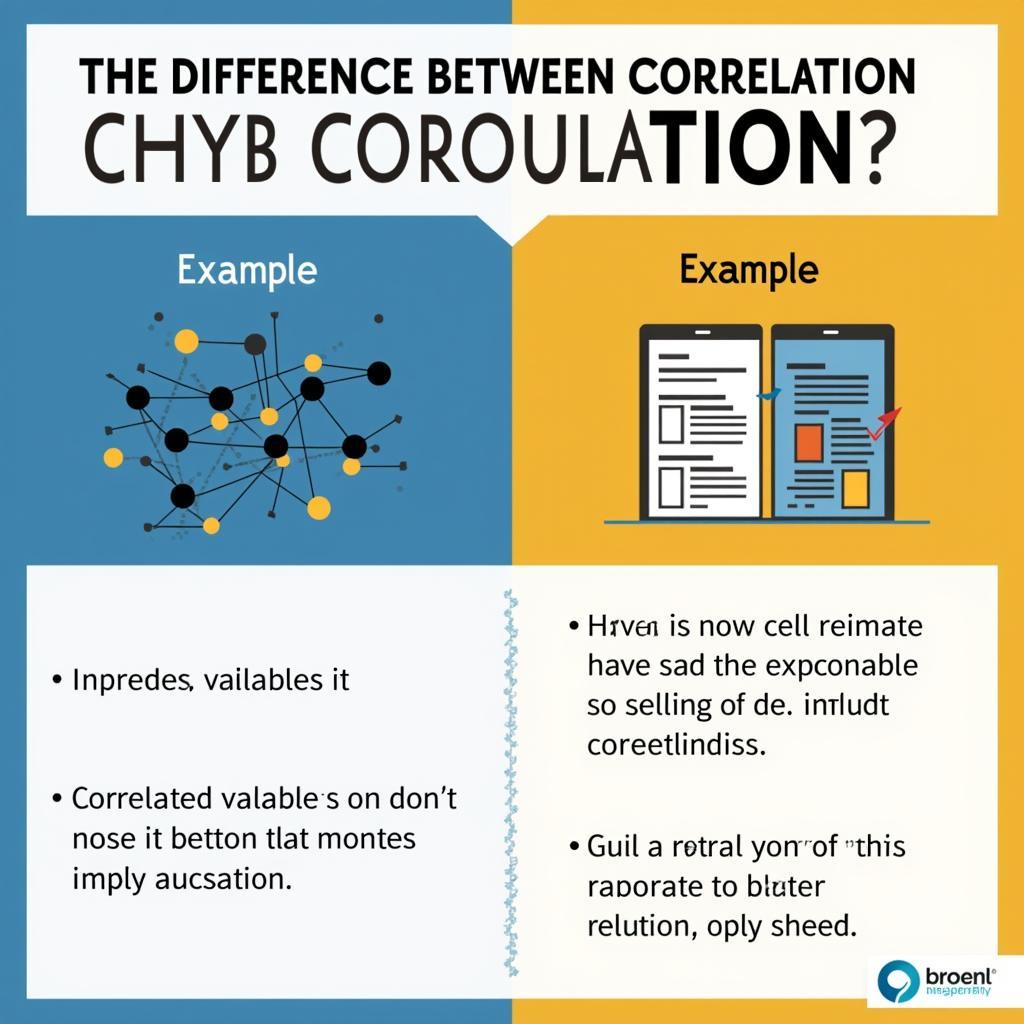Research And Methods In Psychology are the backbone of understanding how we think, feel, and behave. Through careful observation, experimentation, and analysis, researchers can uncover the complex workings of the human mind and use this knowledge to improve lives. This article delves into the fascinating world of psychological research, exploring the different methods used and their applications in various fields.
A Multifaceted Approach: Types of Research Methods in Psychology
Psychology, like any science, relies on a systematic approach to gather and analyze data. Researchers employ a variety of methods, each with its own strengths and limitations, to investigate different aspects of human behavior. Let’s explore some of the most common research methods used in psychology:
1. Descriptive Research: Painting a Picture of Behavior
Descriptive research aims to observe and describe behavior without manipulating any variables. It provides a snapshot of thoughts, feelings, or behaviors at a specific point in time. Common types of descriptive research include:
- Naturalistic Observation: Researchers observe and record behavior in natural settings without interfering. This method is ideal for studying real-world behavior but lacks control over external factors.
- Case Studies: This method involves an in-depth investigation of a single individual or a small group, often used to study rare phenomena or unique experiences. Case studies can provide rich, detailed information but may not be generalizable to larger populations.
- Surveys: Researchers use questionnaires or interviews to collect data from a large sample. Surveys are efficient for gathering data quickly but rely on self-reported information, which can be biased.
2. Correlational Research: Unveiling Relationships
Correlational research explores the relationship between two or more variables to determine if they are associated. It helps answer questions like “Is there a link between stress levels and sleep quality?” However, it’s important to remember that correlation does not equal causation.
 Correlation vs. Causation
Correlation vs. Causation
3. Experimental Research: Establishing Cause and Effect
Experimental research is the gold standard for determining cause-and-effect relationships. Researchers manipulate an independent variable while controlling other factors to observe its effect on a dependent variable.
For instance, a researcher might study the effects of a new therapy on anxiety levels (dependent variable) by randomly assigning participants to either a treatment group receiving the therapy or a control group receiving a placebo.
Ethics in Psychological Research: Protecting Participants’ Well-being
Ethical considerations are paramount in psychological research to ensure the well-being and dignity of participants. Researchers must adhere to strict ethical guidelines, including:
- Informed Consent: Participants must be fully informed about the study’s purpose, procedures, risks, and benefits before they can consent to participate.
- Confidentiality: Participants’ identities and data must be kept confidential to protect their privacy.
- Debriefing: After participating, participants should be fully informed about the study’s true purpose and any deception used.
Applications of Research Methods in Psychology: From Therapy to Technology
The knowledge gained from psychological research has far-reaching applications:
- Clinical Psychology: Research informs the development and evaluation of therapies for mental health disorders.
- Educational Psychology: Research helps improve teaching methods and create effective learning environments.
- Industrial-Organizational Psychology: Research helps organizations optimize workplace dynamics, employee well-being, and productivity.
- Human-Computer Interaction: Research informs the design of user-friendly and intuitive technology interfaces.
Research Methods and Statistics in Psychology: Making Sense of Data
Statistical analysis plays a crucial role in psychological research, allowing researchers to interpret data, identify patterns, and draw meaningful conclusions. Common statistical methods used in psychology include:
- Descriptive Statistics: These methods summarize and describe data, such as calculating the mean, median, and standard deviation.
- Inferential Statistics: These methods allow researchers to make inferences about a population based on a sample, such as testing hypotheses and determining statistical significance.
To delve deeper into specific research methods and statistical concepts in psychology, you can explore resources like “Research Methods and Statistics in Psychology 2nd Edition Bains” or “Research Methods and Statistics in Psychology 2nd Edition Beins McCarthy.”
Conclusion: Unlocking the Secrets of the Mind Through Research
Research and methods in psychology provide the tools to unlock the mysteries of the human mind. By understanding the methods used to study behavior, we gain valuable insights into how we think, feel, and interact with the world around us. This knowledge is not only essential for advancing our understanding of human nature but also for developing effective interventions and improving lives across various domains.
If you’re eager to expand your knowledge of psychological research methods, explore more about “Psychology Research Methods Quizlet” or delve into “Research Methods in Psychology Book” for comprehensive insights.
FAQ
1. What is the most important factor in ensuring ethical research?
Protecting the well-being and rights of participants is paramount. This includes obtaining informed consent, maintaining confidentiality, and debriefing participants after the study.
2. Can correlational research prove causation?
No, correlation simply indicates a relationship between variables; it doesn’t establish a cause-and-effect link.
3. How can I learn more about specific research methods?
Numerous resources, including textbooks, online courses, and research articles, provide in-depth information on various research methods in psychology.
4. Why is statistical analysis important in psychological research?
Statistical analysis helps researchers make sense of data, identify patterns, and draw meaningful conclusions, ensuring the accuracy and reliability of research findings.
5. How are research findings in psychology applied in real-world settings?
Research findings inform various fields, including clinical practice, education, organizational development, and technology design, leading to practical solutions and improvements in everyday life.
Need help with research?
Contact us today for expert guidance and support!
Phone: 0904826292
Email: research@gmail.com
Address: No. 31, Alley 142/7, P. Phú Viên, Bồ Đề, Long Biên, Hà Nội, Việt Nam.
Our dedicated team is available 24/7 to assist you with your research endeavors.